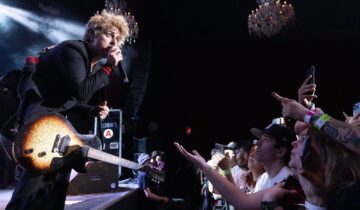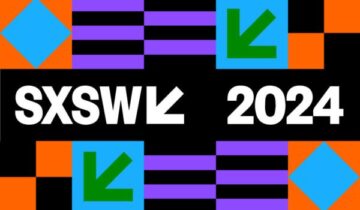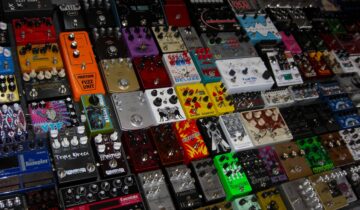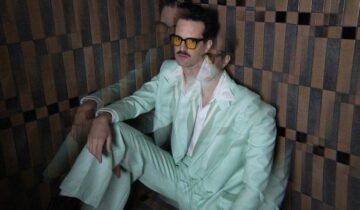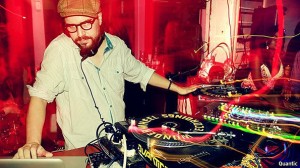 For the ECONOMIST: ELECTRONIC dance music has experienced a rapid worldwide rise. The industry is now worth an estimated $20 billion and its artists can pull in million-dollar fees to perform at dance festivals. So for Will Holland, a Briton who began his career as an electronic-music producer, but then turned to performing and recording South American, Caribbean and African music with full bands, this could prove an excellent time to return to his electronic roots.
For the ECONOMIST: ELECTRONIC dance music has experienced a rapid worldwide rise. The industry is now worth an estimated $20 billion and its artists can pull in million-dollar fees to perform at dance festivals. So for Will Holland, a Briton who began his career as an electronic-music producer, but then turned to performing and recording South American, Caribbean and African music with full bands, this could prove an excellent time to return to his electronic roots.
Under the moniker Quantic, Mr Holland spent the early part of this century spinning and producing electronic music that was influenced by the trip-hop and hip-hop of the late 1990s. But he also flavoured it with elements of funk, soul, breakbeat and jazz. As the decade wore on, the electronic components of his music gave way to full instrumentation: Quantic Soul Orchestra’s live shows were performed not on turntables and mixers but by live brass, guitars, percussion and singers.
Since moving to Cali, Colombia, in 2007, Mr Holland has recorded and toured with South American musicians in groups like Combo Barbaro, playing music that spans cumbia, bossa nova, tropical dub, salsa, banda, porro and other folk-musical styles in modern ways. His Ondatropica project, for example, brought together local musicians from Bogotá’s alternative music scene with Ana Tijoux, a Chilean MC, and Mr Holland on the accordion.
Mr Holland’s 15th album, “Magnetica”, which is due out in May, shows him coming full circle, producing folk music for urban dance floors. He takes elements of reggae, soul, highlife, cumbia and Ethiopian jazz and gives them enough of an electronic edge to provide the necessary pulse for a club. It’s rare to hear trumpets and conga drums in such music, but “Magnetica” does exactly that, with heavy reverb and echo. The album’s vocals come from two Colombian singers (Nidia Góngora and Anibal Velasquez), a British soul singer (Alice Russell) and a reggae singer (Shinehead), among others. “I always wanted to make something to be played in a club that would move people, but at the same time be musical, and bring a lighter, more fluid element,” Mr Holland says.
“Magnetica” comes out at a time when the culture of musical mash-ups combining two elements that may or may not be obviously cohesive is still thriving. Similarly, the sharing of and tinkering with recorded music is getting more and more fluid thanks to improved software and the growth of online music communities like Soundcloud. Globalisation and the internet continue to provide more ways to hear music from around the world, but also allow for such rapid consumption of music that its original source can get lost in the shuffle.
Mr Holland’s efforts may remind some of Ry Cooder’s Buena Vista Social Club, a late-1990s collaboration with Cuban musicians that spawned an album, a documentary film and international acclaim for many of the artists. The project was widely celebrated, but also criticised as cultural appropriation and opportunism by Mr Cooder, an American guitarist. Mr Holland sees his work as something different.
“Buena Vista was like a revivalist snapshot of a classic record, with a classic sound and aesthetic, but in all my records we’re trying to do new things and write new songs,” he says. “It’s been a cultural immersion for me as a person and musician, opening up my ears and eyes and thought process to different ways of making music. I’ve worked with real heavyweights who taught me valuable things about arrangement. And I learned how to tune and play accordions.”
Photo: courtesy of Quantic
